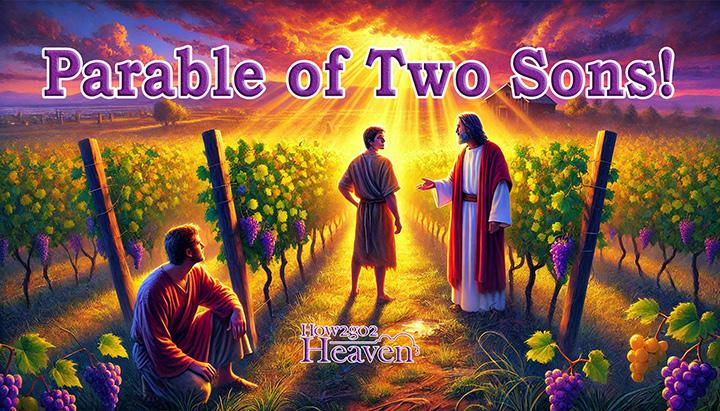In Matthew 21:28-31, Jesus shares a profound lesson on obedience, repentance, and the true nature of faith in the parable of the two sons. Through the story of a father and his two sons, He reveals the difference between mere words and genuine commitment to God’s call. This teaching leads us to a powerful conclusion in verse 32, where Jesus highlights the significance of a repentant heart over outward appearances.



We are dedicated to guiding individuals on their journey to salvation through faith in Jesus Christ and understanding God’s plan for eternal life in heaven.